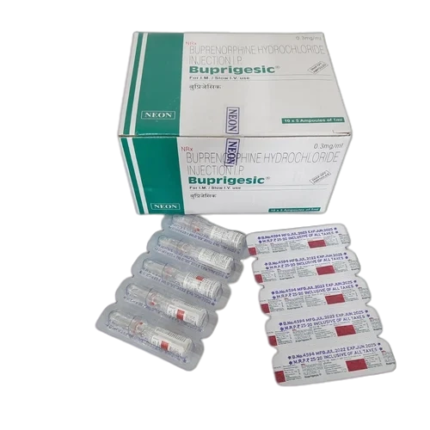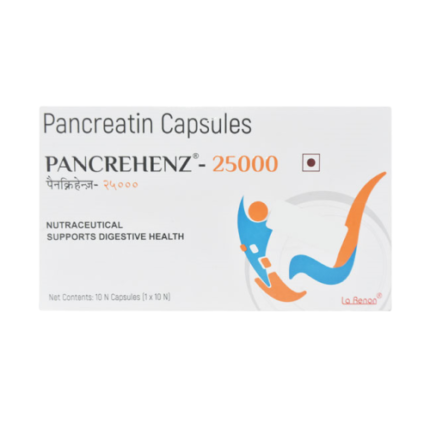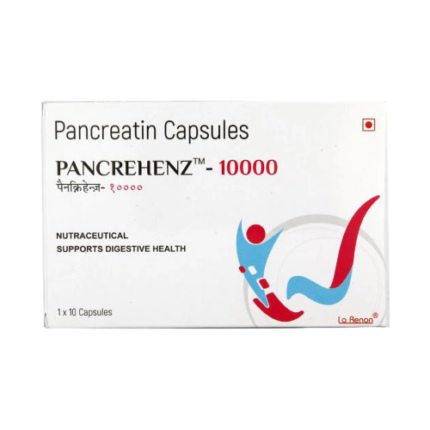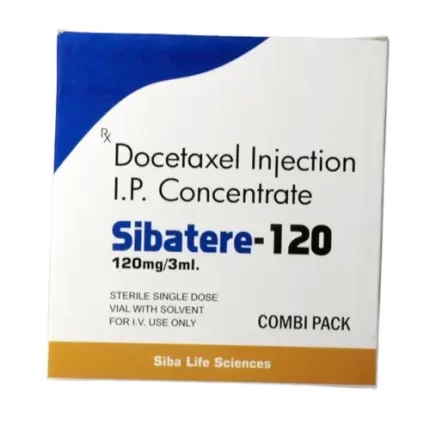Introduction to Kolibitor Injection
Kolibitor Injection contains the active compound Cotrimoxazole, which combines two primary ingredients: trimethoprim and sulfamethoxazole. This medication is commonly prescribed to treat uncomplicated urinary tract infections (UTIs) caused by susceptible bacteria. It may also be effective for certain respiratory tract infections, such as bronchitis and specific forms of pneumonia. Additionally, it can be used to address gastrointestinal infections from susceptible bacteria and to treat some bacterial skin infections and wound infections. Spectramax may be prescribed as a preventive or treatment option for traveler’s diarrhea in certain cases and is also used to prevent or treat pneumocystis pneumonia (PCP), a condition that often affects individuals with weakened immune systems, such as those with HIV/AIDS.
People with known allergies or hypersensitivity to Kolibitor Injection or any of its components should avoid this medication, as serious allergic reactions can occur. It should also be avoided by those with folic acid deficiency, as well as individuals with severe liver or kidney dysfunction, as they may experience adverse effects due to impaired medication processing. Spectramax can affect blood cells, leading to potential disorders like anemia, thrombocytopenia, or agranulocytosis; therefore, individuals with pre-existing blood disorders or conditions that impact blood cell production should use it with caution. While this medication can be used in children for certain bacterial infections, dosage depends on weight and age. For older adults, extra caution is advised due to age-related changes in kidney function and other health conditions.
Uses of Kolibitor Injection
- Urinary tract infections (UTIs)
- Respiratory tract infections
- Gastrointestinal infections
- Skin and soft tissue infections
- Traveler’s diarrhea
- Pneumocystis jirovecii pneumonia (PCP) prevention
- Toxoplasmosis
- Nocardiosis
- Other bacterial infections
Therapeutic Effects of Kolibitor Injection
Kolibitor Injection involves a synergistic inhibition of bacterial folate synthesis. It combines trimethoprim, which blocks a specific enzyme in the pathway, with sulfamethoxazole, which competes with para-aminobenzoic acid, a folate precursor. This dual action disrupts the bacteria’s ability to synthesize DNA, RNA, and proteins, inhibiting their growth and effectively treating infections.
Interaction of Kolibitor Injection with other drugs
Inform the doctor about your medicines, including prescription, over-the-counter, nutritional or vitamin supplements, and herbal products. Certain medications may interact with Kolibitor Injection, reducing effectiveness by causing undesirable side effects.
More Information about Kolibitor Injection
- Store at room temperature, between 20°C and 25°C
- Keep away from moisture, heat, and light.
- It should not be frozen.
- Keep away from children and pets.
How to consume Kolibitor Injection
Kolibitor Injection can be administered as an intravenous injection. The intravenous route delivers the medication directly into the bloodstream. The administration route choice depends on the infection’s severity and the patient’s condition.
Safety Advices

Pregnancy
Unsafe during pregnancy due to potential risks to the developing fetus

Breast Feeding
Due to the potential transfer of into breast milk, using this medication during breastfeeding is unsafe.

Lungs
Might be used for certain respiratory infections, but its use depends on the specific infection and susceptibility of bacteria causing it. Always consult a doctor before taking this medication.

Liver
Should be used cautiously in individuals with liver impairment. Dosage adjustments might be necessary. Consult a healthcare provider.

Alcohol
Alcohol can interact with and increase the risk of side effects. It’s generally not safe to take alcohol during treatment.

Driving
Might cause dizziness or drowsiness in some individuals.It is not safe to drive while on this medication.
Side Effects
Causes some side effects like all medications, although not everyone will experience them.
Serious
- Severe allergic reactions
- Blood disorders
- Liver and kidney problems
- Stevens-johnson syndrome (SJS)
- Toxic epidermal necrolysis (TEN)
- Serious gastrointestinal effects
- Respiratory effects
- Hyperkalemia
- Central nervous system effects
- Serum sickness-like reaction
Common:
- Nausea
- Vomiting
- Diarrhea
- Mild allergic reactions (skin rash)
Word of Advice
Inform your healthcare provider about allergies, medical history (including kidney and liver problems), and medications you are taking before using Kolibitor Injection. Discuss potential risks if pregnant, breastfeeding, or planning pregnancy. Monitor kidney and liver function regularly. Watch for severe allergic reactions, blood disorders, and serious skin reactions. Stay hydrated and be cautious in sunlight. Follow prescribed dosages and avoid changing medications without consulting a healthcare provider. While traveling, plan for medication supply. Store properly, dispose of unused medication, and immediately address emergencies. Maintain communication with your healthcare provider and report any new symptoms.
FAQs
Q 1. What should I do if I miss a dose of Kolibitor Injection?
If you miss a dose of Kolibitor Injection, take it as soon as you remember. If it’s close to the time for the next dose, skip the missed dose and resume your regular dosing schedule.
Q 2. Can I stop taking Kolibitor Injection once I start feeling better?
No, completing the full course of Kolibitor Injection as your healthcare provider prescribes is important. Stopping early could lead to incomplete treatment and the risk of the infection returning or developing antibiotic resistance.
Q 3. Can Kolibitor Injection affect birth control efficacy?
Kolibitor Injection might interfere with the effectiveness of hormonal birth control methods like birth control pills. Consider using additional contraception methods while on Kolibitor Injection.
Fact Box
Molecule name: Cotrimoxazole
Pharmacological class: Antimicrobial agents
Therapeutic class: Antibiotics
Indications:
1. Urinary tract infections (UTIs)
2. Respiratory tract infections
3. Gastrointestinal infections
4. Skin and soft tissue infections
5.Traveler's diarrhea
6. Pneumocystis jirovecii pneumonia (PCP) prevention
7. Toxoplasmosis
8. Nocardiosis
9. Other bacterial infections

 MEDICINES
MEDICINES PATIENT ASSISTANCE PROGRAMS
PATIENT ASSISTANCE PROGRAMS IMPORTED MEDICINES
IMPORTED MEDICINES CONTACT US
CONTACT US Upload
Upload











Reviews
There are no reviews yet.